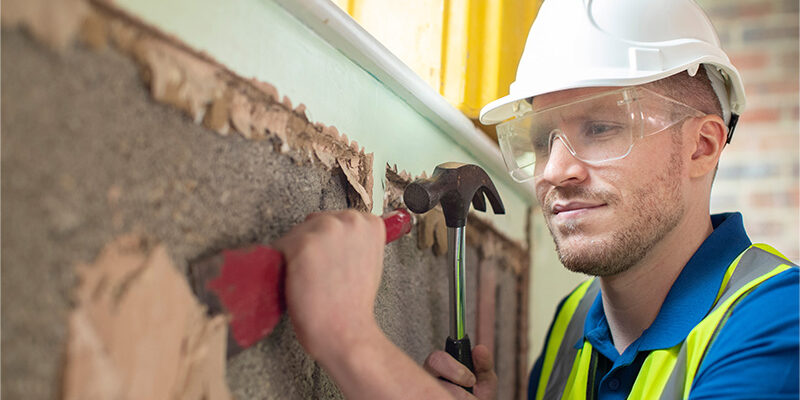Protecting the Employee Suffering from Poor IAQ

One of the interesting things we’ve learned through our years of experience in dealing with indoor air quality (IAQ) problems is that everyone reacts differently to IAQ issues. While one person might sneeze, another might get a headache, and yet a third might have no reaction at all. There is a tendency to treat everyone the same: Either there is an IAQ problem or not, and if there is, everyone should be reacting to it. This is not true.
My sister-in-law was highly allergic to perfumes, specifically women’s perfumes. When a heavily perfumed elderly lady sat down in front of her at church, my sister-in-law had to move to avoid getting a headache. On the other hand, her husband never noticed that the elderly lady sat down.
Often one employee will complain about “sick building syndrome” (SBS), but until there are several people who complain about the same area of the building, the employer won’t acknowledge that it could be a problem. It’s time to take all employee complaints seriously.
One of the reasons why government agencies have yet to set standards for mold contamination levels in indoor air environments is because everyone responds differently to the issue. Why is that true? Here are three reasons:
- We have different immune systems. Frankly, some of us are healthier than others, and if our immune system is suppressed, we might react to IAQ contaminants when a healthier person might not.
- We have different levels of sensitivity. Women are typically more sensitive to their environment than men. That sounds biased, but it’s simply a fact. While my sister-in-law could not go into her basement because of the mold, her husband and four boys played ping-pong down there with no apparent reaction. When I talk with women who are experiencing IAQ problems while their husbands are “oblivious,” I tell them that’s the reason we marry each other—because we’re different, not because we’re the same.
- Some molds are more toxic than others. Mold is ubiquitous, even in indoor environments, so we are seldom in an environment where mold is not present. So, why don’t all of us react? Some folks react to specific molds, while others won’t react at all. Some molds produce elevated levels of mycotoxins, while others do not. A lot of mold can be problematic to some, whereas a little might not. So, in this discussion, the type of mold, the amount of mold, and the environment in which it is growing are all factors influencing a person’s reaction.
As employers, we should take employee complaints about IAQ and mold problems seriously. If we are proactive about dealing with environmental issues we are not personally experiencing, it will validate the concerns of those who might be more sensitive and establish confidence that we are concerned about the health and safety of our fellow workers.












